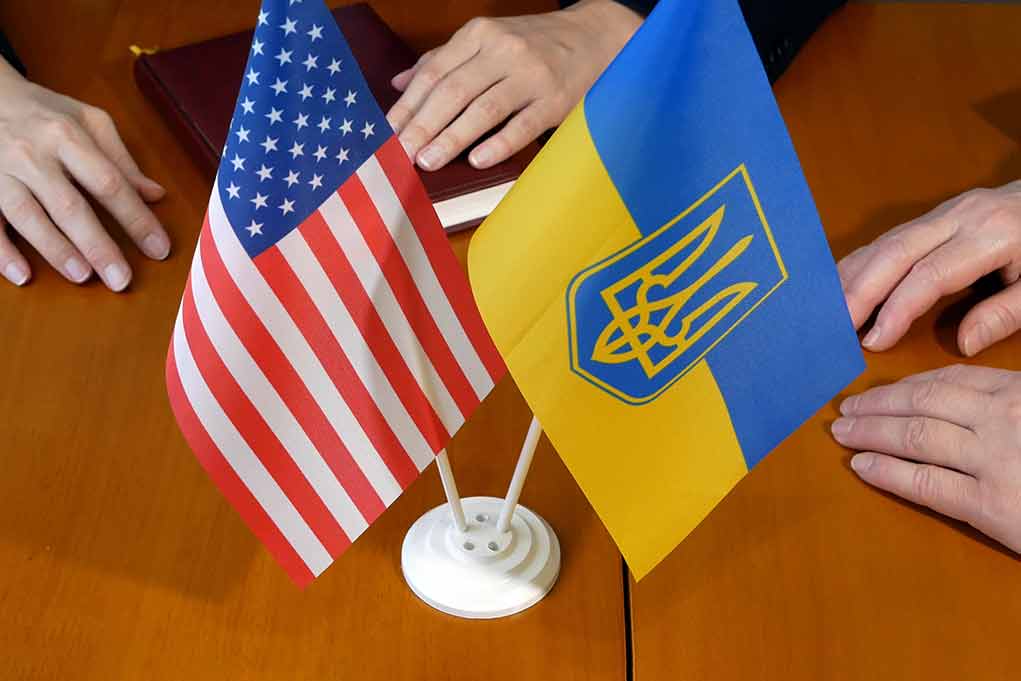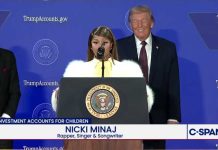
Ukrainian President Zelenskyy has advised his ministers to reject deal granting the U.S. access to rare earth minerals, citing inadequate security guarantees for his nation.
Key Takeaways
- President Zelenskyy told his ministers to turn down a deal that would have given the U.S. access to Ukraine’s rare earth minerals.
- The proposal was tied to U.S. security aid and discussed with Vice President JD Vance at the Munich Security Conference.
- Zelenskyy argued that the agreement lacked robust security guarantees for Ukraine.
- The deal, led by President Donald Trump, was seen as repayment for U.S. support during Ukraine’s conflict with Russia.
- A senior White House official criticized Zelenskyy’s decision as “short-sighted.”
Zelenskyy’s Rejection of U.S. Minerals Deal
Ukrainian President Volodymyr Zelenskyy has rejected a proposal that would have granted the United States access to Ukraine’s valuable rare earth minerals. The deal, spearheaded by U.S. President Donald Trump, was reportedly presented as a form of compensation for the substantial security aid provided by the U.S. to Ukraine during its ongoing conflict with Russia. Zelenskyy’s decision has raised eyebrows in Washington and sparked debates about the future of U.S.-Ukraine relations.
The proposed agreement, which was discussed with U.S. Vice President JD Vance during the Munich Security Conference, would have given the United States a 50% ownership stake in Ukraine’s rare earth mineral reserves. These minerals, crucial for manufacturing various technology products, represent a significant economic asset for Ukraine. However, Zelenskyy and his advisors concluded that the deal fell short in providing adequate security guarantees for their nation.
Zelenskyy tells aides to reject U.S. pitch for 50% of Ukraine’s rare earth mineralshttps://t.co/yoNVgEopWn
— MSNBC (@MSNBC) February 17, 2025
Zelenskyy’s Concerns and U.S. Response
President Zelenskyy was unequivocal in his reasoning for rejecting the proposal. Speaking at a joint briefing with European Investment Bank President Nadia Calviño in Kyiv, he stated, “I didn’t let the ministers sign a relevant agreement because in my view it is not ready to protect us, our interest.”
This decision highlights the complex dynamics at play in international negotiations, where economic interests must be balanced against national security concerns. Zelenskyy’s stance suggests that Ukraine is not willing to compromise its long-term security and sovereignty, even in exchange for continued support from a powerful ally.
The U.S. response to Zelenskyy’s decision was swift and critical. A senior White House official described the move as “short-sighted,” emphasizing the potential benefits of the agreement.
Implications for U.S.-Ukraine Relations
The rejection of this deal raises questions about the future of U.S.-Ukraine relations and the ongoing support for Ukraine’s defense efforts. The U.S. has been a steadfast ally in Ukraine’s struggle against Russian aggression. However, it remains to be seen how this decision will impact future negotiations.
Trump, who claimed credit for initiating the deal, had asserted that Ukraine had “essentially agreed to do so” regarding the $500 billion worth of minerals. However, Zelenskyy’s actions clearly contradict this statement, highlighting the gap between initial discussions and final agreements in international diplomacy.
As the situation develops, both nations may need to find a middle ground that addresses Ukraine’s security concerns while also recognizing the United States’ strategic interests in the region. The coming weeks and months will be crucial in determining the path forward for this important transatlantic partnership.
Sources
- Zelensky rejects Trump-led deal to give US access to Ukrainian minerals — ‘it does not protect us’
- Zelenskyy tells aides to reject U.S. pitch for 50% of Ukraine’s rare earth minerals
- Zelenskyy advises ministers to turn down U.S. proposal to access Ukraine’s rare earth minerals




